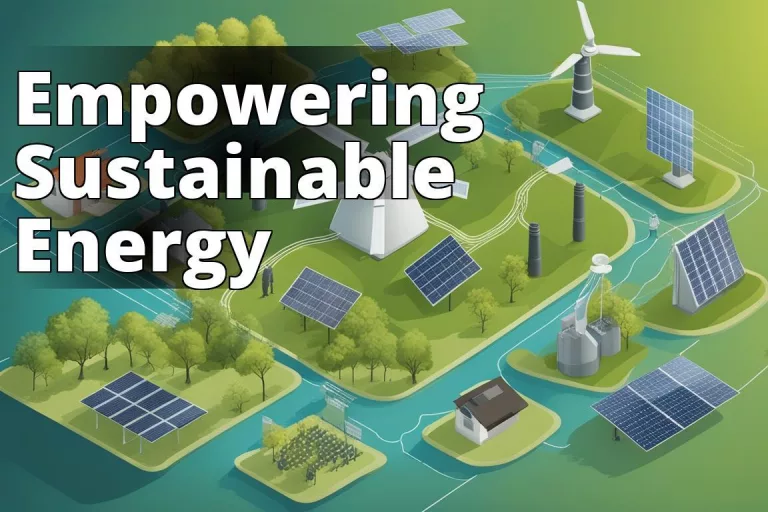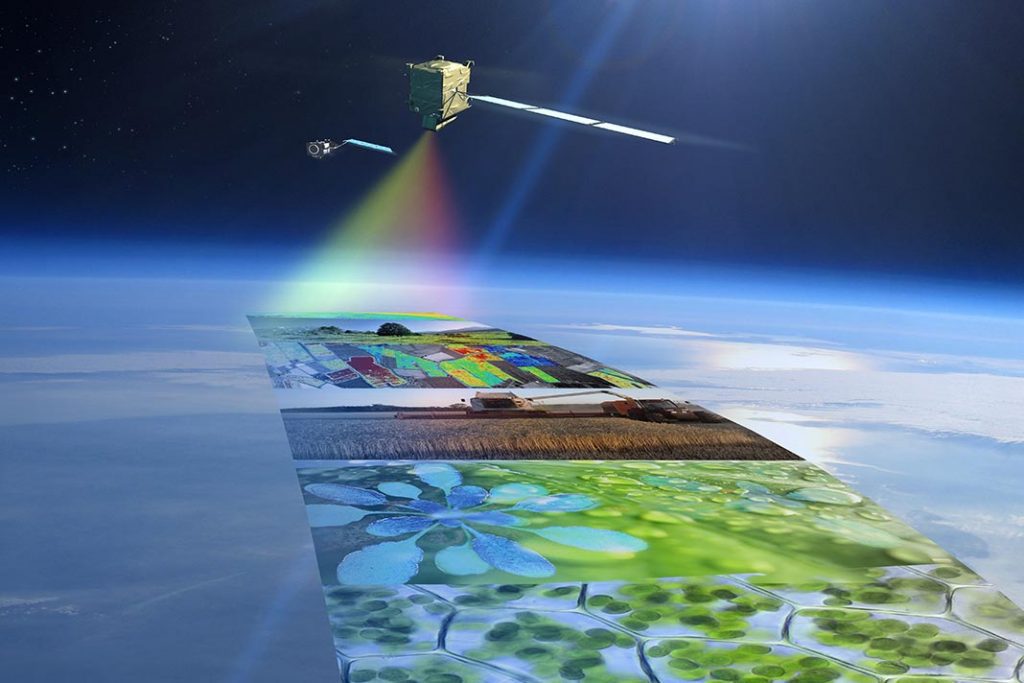Smart Grids and Climate Change: How Do Smart Grids Contribute to Climate Resilience and Sustainability?
Smart grids play a crucial role in addressing climate change and promoting sustainable resilience in the face of environmental challenges. By integrating advanced technologies and innovative solutions, smart grids offer a pathway to reducing carbon emissions, enhancing energy efficiency, and enabling the integration of renewable energy sources. In this comprehensive guide, we will delve into the multifaceted relationship between smart grids and climate change, exploring their impact on energy systems, their role in mitigating climate change, technological innovations, case studies, challenges, opportunities, expert perspectives, policy implications, social and economic impact, public awareness, and global perspectives.
What You Will Learn About Smart Grids and Climate Change
- Definition and role of smart grids in addressing climate change
- Impact of climate change on energy systems and the need for innovative solutions like smart grids
- Role of smart grids in mitigating climate change, technological innovations, challenges, opportunities, and future outlook
Smart grids are advanced electrical grids that leverage digital communication and control technologies to efficiently manage electricity supply and demand. These grids are designed to optimize the operation of diverse energy sources, facilitate the integration of renewable energy, and empower consumers to actively participate in energy management. In the context of climate change, smart grids serve as a linchpin in the transition to a low-carbon energy landscape, offering solutions to enhance grid resilience and mitigate the environmental impact of traditional energy systems.
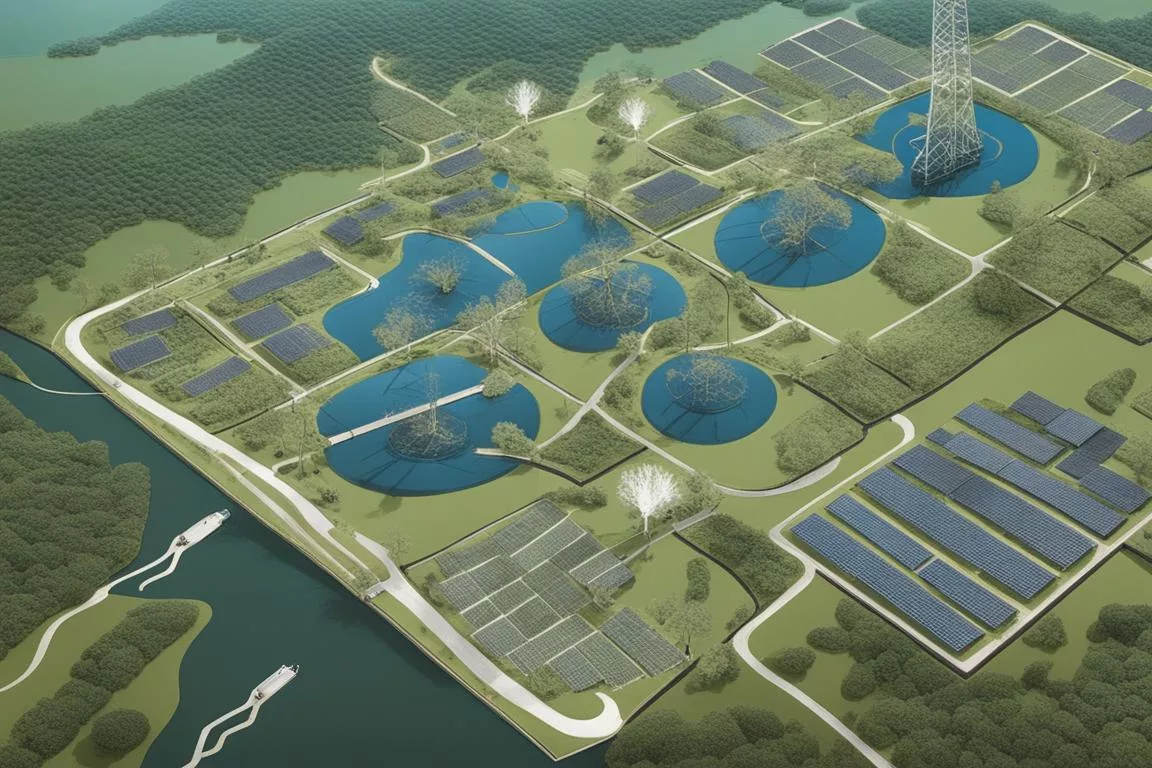
Impact of Climate Change on Energy Systems
Climate change poses significant challenges to traditional energy systems, with extreme weather events and environmental disruptions threatening the reliability and stability of energy infrastructure. The susceptibility of current energy grids to these disruptions necessitates the exploration of innovative solutions, such as smart grids, to bolster resilience and adaptability in the face of climate-related uncertainties.
Decarbonization and Smart Grids
Decarbonization, the process of reducing carbon emissions from energy systems, is a pivotal component of global efforts to combat climate change. Smart grids play a transformative role in decarbonization by enabling the integration of renewable energy sources, optimizing energy distribution, and facilitating demand-side management to reduce carbon footprints.
Role of Smart Grids in Mitigating Climate Change
Smart grids contribute to mitigating climate change in various ways, including the seamless integration of renewable energy sources, enabling demand response to reduce energy consumption during peak times, and enhancing overall energy efficiency. These capabilities result in a substantial reduction of greenhouse gas emissions and contribute to the overall sustainability of energy systems.
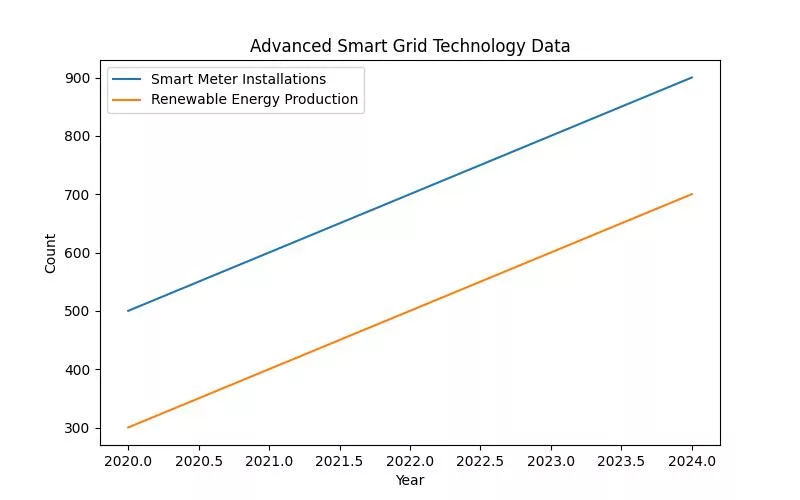
Technological Innovations in Smart Grids
The evolution of smart grid technologies continues to drive innovations in the field of sustainable energy solutions. Advanced metering infrastructure, energy storage solutions, and predictive analytics are among the cutting-edge technologies that empower smart grids to address climate change challenges effectively. Furthermore, emerging technologies like artificial intelligence and blockchain hold the potential to revolutionize the capabilities of smart grids for climate resilience.
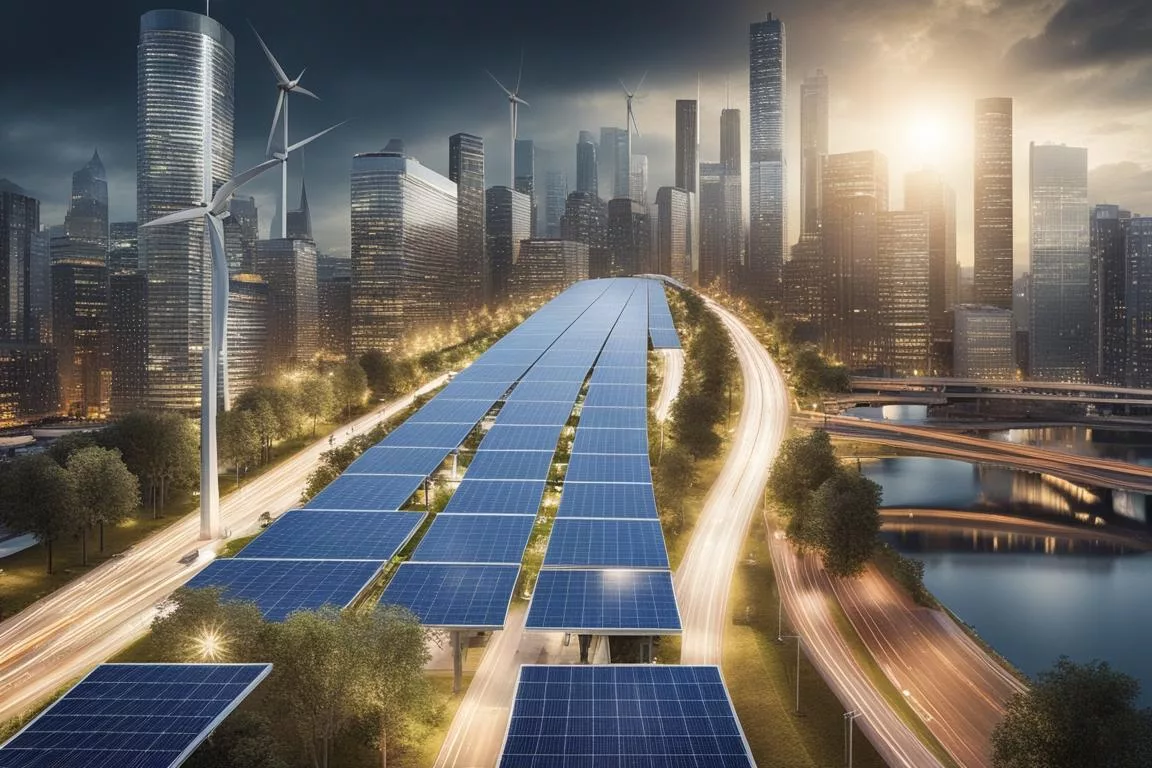
Case Studies and Examples
Real-world case studies exemplify the positive impact of smart grid implementations in combating climate change. Successful integration of renewables, microgrid deployments, and community-based smart grid initiatives showcase the environmental and economic benefits derived from the adoption of smart grid technologies.
Challenges and Opportunities
The integration of smart grids into existing energy infrastructure presents challenges such as cost implications, regulatory barriers, and cybersecurity concerns. However, the opportunities presented by smart grids in enhancing energy reliability, empowering consumers, and enabling decentralized energy systems are substantial and pave the way for a more sustainable energy landscape.
Future Outlook
The future of smart grids holds promise in addressing the challenges posed by climate change, offering enhanced capabilities to support the transition to a more sustainable and resilient energy ecosystem.
| Expert Perspective | Key Insights |
|---|---|
| Technological Considerations | Discusses the potential of emerging technologies like AI and blockchain in enhancing smart grid capabilities for climate resilience. |
| Economic Implications | Explores the economic impact of smart grids, including job creation, investment opportunities, and cost-effectiveness in decarbonization efforts. |
| Environmental Considerations | Provides insights on the environmental benefits of smart grids, emphasizing their role in reducing carbon emissions and promoting sustainable energy. |
| Regulatory and Policy Outlook | Examines the role of government policies in shaping the future landscape of smart grids and their contribution to climate change mitigation. |

Expert Perspectives
Insights from experts in the fields of smart grids, climate change, and energy systems provide a well-rounded perspective on the topic, encompassing technological, economic, and environmental considerations. These perspectives shed light on the potential of smart grids in shaping the future of energy and climate action.
Policy Implications
Government policies and regulations play a crucial role in promoting the adoption of smart grids as part of climate change mitigation strategies. Incentives for clean energy integration, grid modernization initiatives, and supportive regulatory frameworks are pivotal in advancing climate-resilient infrastructure.
Social and Economic Impact
The broader implications of smart grids in addressing climate change extend to job creation, economic growth, and social equity, contributing to the development of more inclusive and sustainable communities.
Public Awareness and Engagement
Public awareness and engagement are essential in supporting the deployment of smart grids for climate resilience and sustainability. Educating and involving the public in the transition towards smart grid technologies is critical for driving meaningful change.
Global Perspectives and Collaborations
International collaborations and partnerships play a significant role in advancing smart grid technologies as a global response to climate change. Sharing best practices and promoting the adoption of smart grid solutions on a global scale are essential for addressing climate change challenges collectively.
Frequently Asked Questions
Question: What are smart grids and how do they relate to climate change?
Answer: Smart grids are advanced energy systems that integrate renewable sources and help reduce carbon emissions, thus contributing to mitigating climate change.
Question: Who benefits from the implementation of smart grids in combating climate change?
Answer: Communities, energy consumers, and the environment all benefit from smart grids as they enable efficient energy use and reduce greenhouse gas emissions.
Question: How do smart grids help in reducing the carbon footprint of energy consumption?
Answer: Smart grids enable better integration of renewable energy sources, optimize energy usage, and reduce wastage, thereby lowering the overall carbon footprint.
Question: What if the initial investment in smart grid technology is too high for some areas?
Answer: While there may be initial costs, the long-term benefits of reduced emissions and energy savings outweigh the initial investment in smart grid technology.
Next Steps
Round Table Environmental Informatics (RTEI) is a consulting firm that helps our clients to leverage digital technologies for environmental analytics. We offer free consultations to discuss how we at RTEI can help you.
